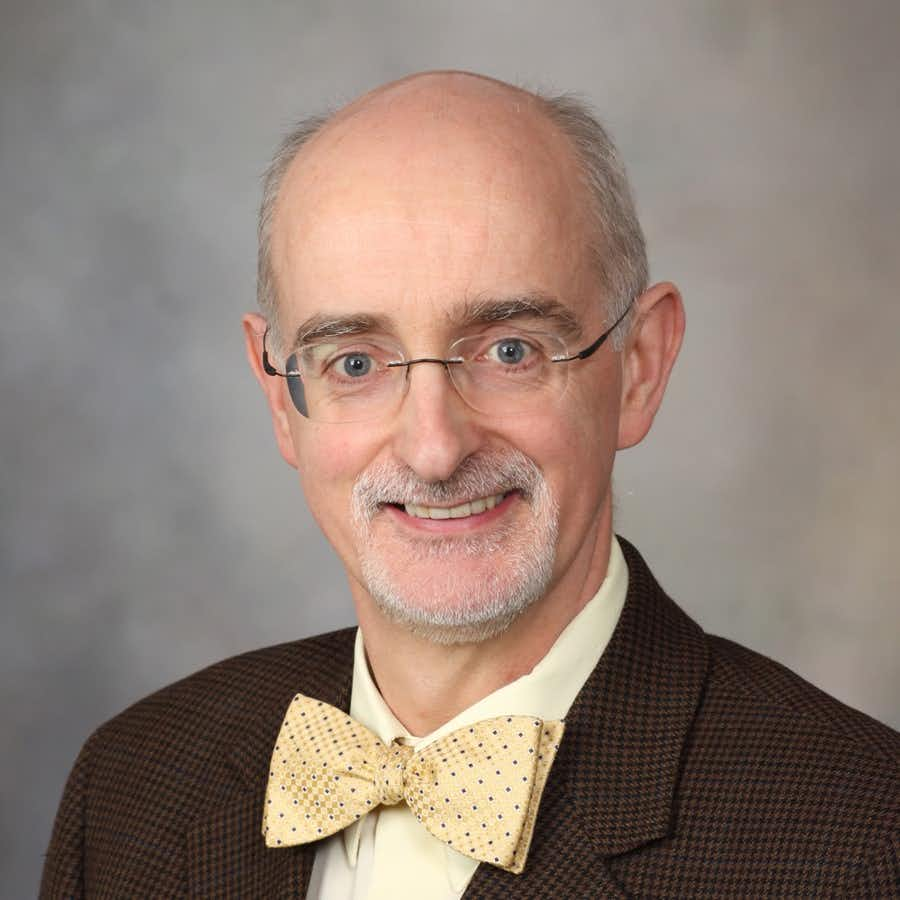
What Is the Story on Celiac Disease? (Archive)
At one time, doctors believed that celiac disease was extremely rare, that the few children who had it would outgrow it and that the symptoms were primarily digestive. We now know that none of these axioms are true and the story on celiac disease is different. What is it now, and why does it matter?
What Is the Story on Celiac Disease?
Celiac disease is an autoimmune condition in which the body’s reaction to the protein in gluten damages the digestive tract. This disorder is far more common than doctors once thought. According to current statistics, as many as 1 person in 120 or 140 has celiac disease. Since susceptibility is partly determined by genetics, people with a family member who has celiac disease are consequently at much higher risk of the disorder.
Celiac disease can cause gastrointestinal symptoms, but it also damages numerous other body systems. An inability to absorb vitamins and minerals can result in nutritional deficiencies that may affect the blood, bones, brain or skin. Anyone with severe anemia or unexpected osteoporosis should be tested for this condition.
How Do You Know If You Have Celiac Disease?
This is not a disorder that lends itself to self-diagnosis. Blood tests can give a strong indication, though they are not entirely foolproof. A biopsy of the small intestine is the gold standard for diagnosis. It is very important that anyone who suspects they might have celiac disease NOT start immediately on a gluten-free diet, as that could interfere with the accuracy of the diagnostic tests. You need to get the true story on celiac disease without distortion.
How Is Celiac Disease Treated?
The only treatment currently is complete gluten avoidance. Unfortunately, this is much easier said than done. Wheat, barley and rye all contain gluten. These grains (especially wheat) are found in a surprisingly large number of processed foods, sometimes as texturized vegetable protein. At the same time, people following a gluten-free diet may need to make a special effort to get all the nutrients they need in addition to shunning gluten.
Should Others Follow a Gluten Free Diet?
As it happens, the question of non-celiac gluten sensitivity is quite controversial. After ruling out a celiac disease diagnosis, some people still feel better if they skip wheat and other gluten-containing foods. By following a diet focused on whole foods, especially vegetables and meats, which are naturally gluten free, such individuals can get a balance of nutrients.
This Week’s Guest:
Joseph A. Murray, MD, is a gastroenterologist in the Division of Gastroenterology and Hepatology at the Mayo Clinic in Rochester, MN. He is also Professor of Medicine there, and runs the celiac disease research program. It focuses on epidemiology and complications of celiac disease and mouse models of gluten sensitivity.
Dr. Murray is the section editor for Gastroenterology for the Mayo Clinic Proceedings. He serves as a consultant to several companies and has broad experience with clinical trials.
His book is: Mayo Clinic Going Gluten Free: Essential Guide to Managing Celiac Disease and Other Gluten-Related Conditions.
Listen to the Podcast:
The podcast of this program will be available the Monday after the broadcast date. The show can be streamed online from this site and podcasts can be downloaded for free. CDs may be purchased at any time after broadcast for $9.99.

